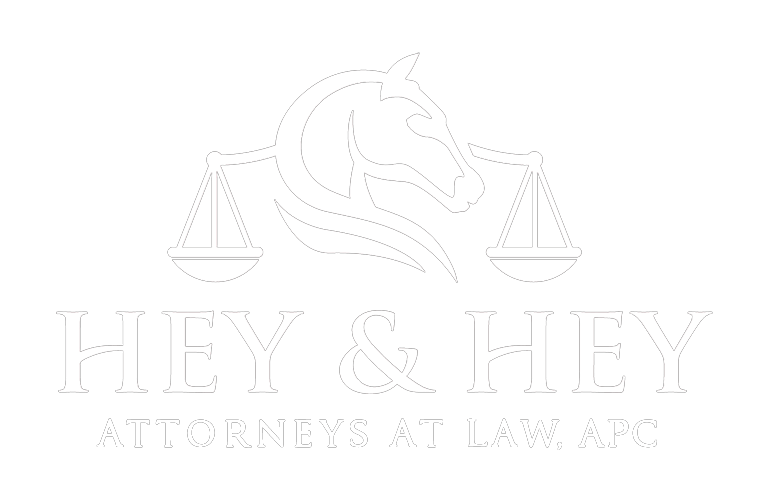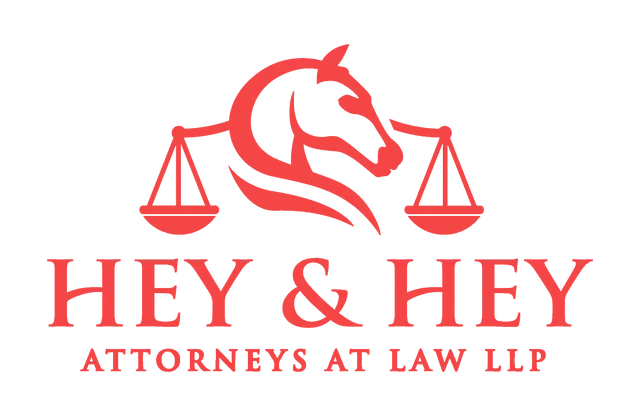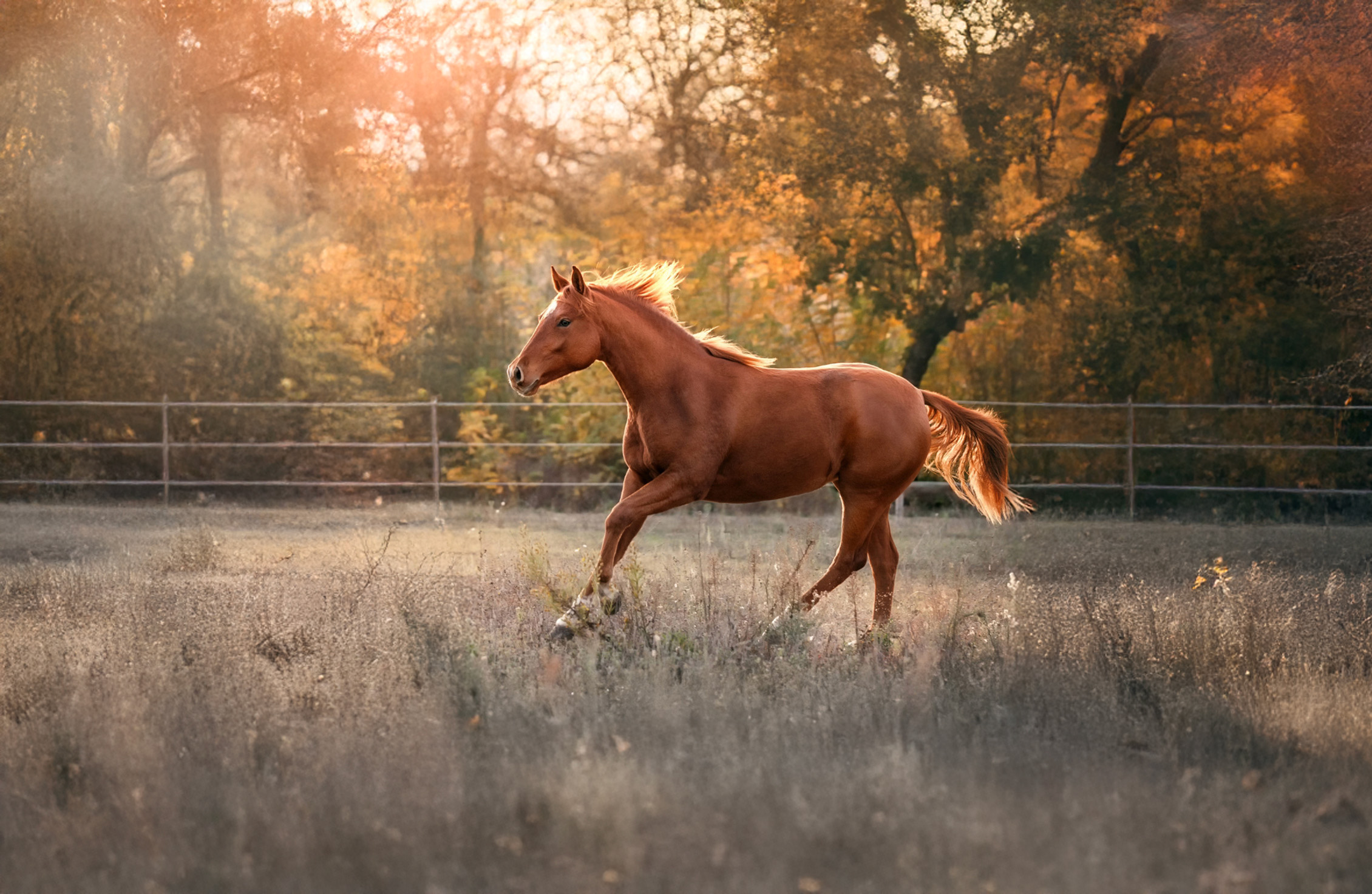Why California Doesn’t Protect Horse Owners Like Other States Do
Most horse owners believe they are protected if someone gets injured around their horse—especially if that person chooses to ride or handle the horse. In most states, this belief holds true. Forty-eight states have passed Equine Activity Liability Acts (EALA), offering horse owners and equine businesses legal protection when an individual is hurt during horse-related activities. However, California is not one of those states. If you operate in California, you do not benefit from those automatic safeguards. Without the right paperwork, you could be vulnerable to a lawsuit.
What the Equine Activity Liability Act Does—and Why California Doesn’t Have It
EALAs provide horse owners, instructors, and event operators with some legal protection when someone voluntarily participates in an equine activity and sustains injuries. They recognize that horses can be unpredictable and that individuals who ride or handle them assume a certain level of risk. In states with EALAs, courts may limit or even dismiss claims arising from the “inherent risk” of being around horses.
California is one of only two states that have not adopted these types of laws. If someone gets injured while riding, grooming, or even standing near your horse, they can sue—and you will have fewer legal options to defend yourself. Without the EALA, courts will not automatically assume that riders accept the risk simply because they chose to be near a horse. That’s why California horse owners need to take extra precautions to shield themselves from liability.
What You Need Instead
In California, your first line of defense is a release of liability. This should be a standalone document—separate from your boarding or training contract that clearly states the participant understands the risks and waives their right to sue you for injuries. It must comply with California law to be enforceable, which includes using precise language, identifying specific risks, and clearly indicating that the person is giving up legal rights. If the rider is a minor, both parents or legal guardians must sign.
This release should focus specifically on personal injuries—not on property damage or injuries to horses. If you operate a boarding facility, your boarding agreement should have a separate release that addresses horse-related services and liability for injuries. Avoid merging everything into one paragraph at the end of a lengthy contract. Keep your release distinct, signed, and clearly written.
Insurance matters. Make sure you have specific liability coverage for your horse or equine operation. Homeowner’s insurance typically does not cover claims related to horses. Your policy should align with the associated risks, whether it involves riding lessons, boarding, training, or events. Additionally, if you are boarding someone else’s horse, require them to carry their own insurance as well.
Don’t Wait Until You Get Sued
Too many California horse owners discover they’re unprotected only after a lawsuit lands on their doorstep. Don’t assume you’re safe just because others understand that horses can be unpredictable. The law doesn’t provide a free pass. And California won’t have your back unless you’ve taken the proper steps.
Hey & Hey helps clients across California protect themselves before legal problems begin. We draft release forms, review contracts, and ensure your paperwork is enforceable, not just copied from another state. Reach out to us if you want it done right.


